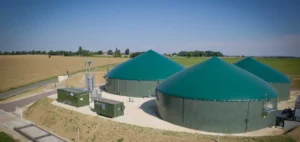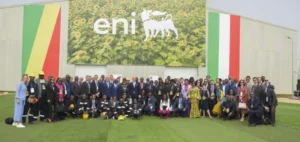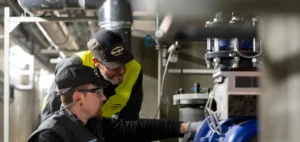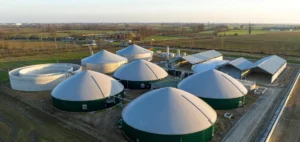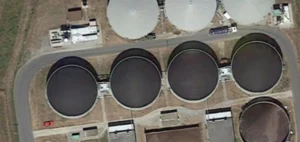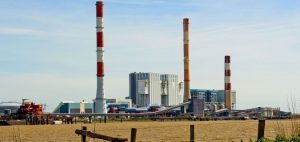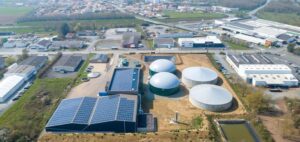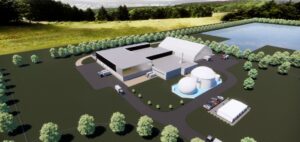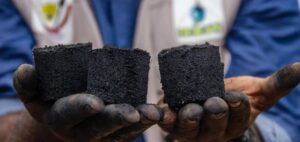Gunvor Group Ltd and VARO Energy join forces to create a large-scale sustainable aviation biofuel production plant in Rotterdam.
The project marks a major step forward in efforts to reduce the aviation sector’s carbon footprint.
Located on Gunvor Energy’s Rotterdam site, the plant will produce up to 350 kilotonnes of sustainable fuel per year.
Progress and Development
The project, first announced last September, is progressing rapidly.
Currently in the Front-End Engineering Design phase, completion is scheduled for the last quarter of this year.
This phase is crucial to the planning and implementation of the project.
Following the final investment decision and regulatory approvals, Gunvor and VARO will form a 50/50 project company to manage the plant.
Plant objectives and capabilities
The Rotterdam plant aims to produce a sustainable biofuel capable of meeting 7% of the European Union’s needs by 2030.
The plant’s flexibility will enable it to process different types of feedstock and produce either aviation biofuel or hydrogenated vegetable oil, depending on market conditions and regulatory requirements.
Benefits of implementation
Located on an existing Gunvor Energy site, the plant will benefit from existing infrastructures such as transport, pipelines, utilities and port facilities.
Its strategic location in Rotterdam, a major logistics hub in Northern Europe, will facilitate access to key markets and optimize distribution of the fuel produced.
Investment outlook
This initiative by Gunvor and VARO is part of a wider trend in the energy industry to reduce carbon emissions and promote renewable energies.
The collaboration between these two major players in the energy sector underlines the growing importance of investment in green technologies and the commitment to more sustainable aviation.
Sustainable Development and Innovation
By focusing their efforts on sustainable fuel production, Gunvor and VARO are showing the way forward for other companies in the sector.
This project illustrates not only a response to growing regulatory pressure for greener practices, but also an opportunity for leadership in the biofuels field.
Future strategies and opportunities
The development of this plant is part of a wider strategy of diversification and innovation for both companies.
Gunvor and VARO anticipate that demand for cleaner fuels will continue to grow, particularly in the aviation sector, where sustainable alternatives are becoming increasingly crucial to meeting emission reduction targets.
This strategic partnership between Gunvor and VARO to build a sustainable biofuel plant in Rotterdam represents a significant step towards greener aviation in Europe.
The plant, with its flexible capacity and advantageous location, is well positioned to meet a significant proportion of the European Union’s sustainable fuel needs by 2030.
This project demonstrates both companies’ commitment to investing in innovative and sustainable energy solutions, while strengthening their position in the renewable energies market.

